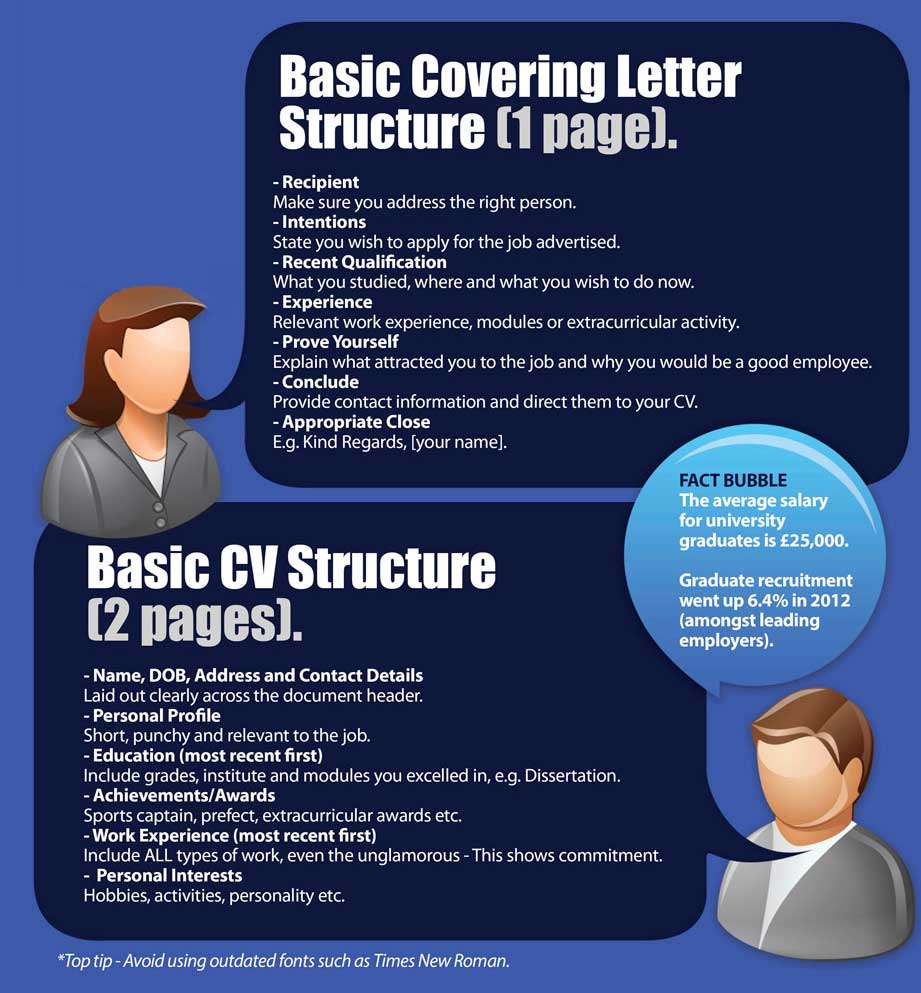Preparation for the Wold of Work | The Student Pocket Guide
By Nathan Wadlow
So, the big wide world awaits. Academic life as you know it may well be nearing its conclusion, but where one chapter ends, another begins. It can be a daunting prospect, admittedly. The inevitable trudge through the job market can leave many graduating from college or university feeling pessimistic about their prospects, but with a little guidance and preparation, the process can be made that much slicker, and successful. A qualification is one thing, a job application is another, but both have the same principle: Invest time and thought into the process, and the results will be greater. Cut your efforts short, results are likely to suffer. Here’s how to do it, the right way!
OK. This one may be obvious, but arguably the most important. Your CV and covering letter are the staples of any job application. They are how you explain what skills, qualifications and experience you can bring to a company, so getting them right is absolutely essential. It is also an opportunity to show your prospective employer who you are, which is often overlooked by many graduates as being irrelevant. Bosses aren’t going to employ people who a) won’t fit in at their company, or b), they think they might not like! Include your hobbies, interests, where in the world you’ve been, what food you like, your sense of humour. Obviously not to the extent where it turns into a personal blog, but you get the idea!
When it comes to writing your CV and covering letter, structure and layout are vitally important. A good way to go about getting this right is to put yourself in the position of those whose job it is to find the right candidate. For every graduate position there are 190 applications (High Fliers Survey 2013) and I am sure you wouldn’t fancy reading each and every one, word-for-word. Make yourself stand-out early on. This can be done in the opening paragraph; use the job advertisement to your advantage and show you have the qualities they are looking for. Brief, effective writing which is to the point will grab attention far quicker. A clean, concise and clearly structured application is easier to digest.
The rapid development of technology has revolutionised how both employers and applicants approach the job market. And with the growing number of those in higher education, today’s graduates are increasingly using less traditional methods to make themselves stand out when applying for work. Here’s how:
Interactive Application
Mastering your CV and covering letter is a great start. But, what can give you the edge over someone who has an application of similar quality? A simple yet effective way is by making your application interactive. Place external links to anything that is applicable, such as your email address, examples of your work or social networks (be careful with the latter!). If you don’t know how to do this, ask a friend who does. This is one way of standing out, but you could go even further. Think of different ways to get the content of your application across in a different way. Could you make a slideshow, show reel or replace your covering letter with a video? Obviously this will depend on the nature of what you are applying for, but there is no harm in thinking outside the box with your application.
Go The Extra Mile
Proving to an employer that you care about what you do and are driven to succeed can be the deciding component of your application. Setting up a blog or personal website is a great way to do this. For example, if you’re a Geography student looking for environmental work, start blogging about pressing issues or topics that you care about, or areas related to the line of work you wish to pursue. The great thing is, blogs and websites are easy to set-up and also much of the time, free. WordPress is a perfect place to start if you’re a bit of a novice. Another thing to consider is that around 55% of jobs aren’t publically advertised. Don’t be afraid to call, email or visit a company you wish to work for.
Online Presence
The world as we know it has never been more connected. Anyone can attempt to find out about you with a simple Google search, which makes it even more important that if you do have an online presence, you have a good one! If you’ve just finished university, do the sensible thing and put those dodgy photos on private, or even better, your whole profile. According to a recent Microsoft survey, 70% of employers have rejected applications because of an applicant’s online profile! If you want to add a professional touch to your social networks, sign-up to Linkedin. Linkedin has a growing membership rate of two sign-ups per second and now has over 11 million users in the UK alone.





